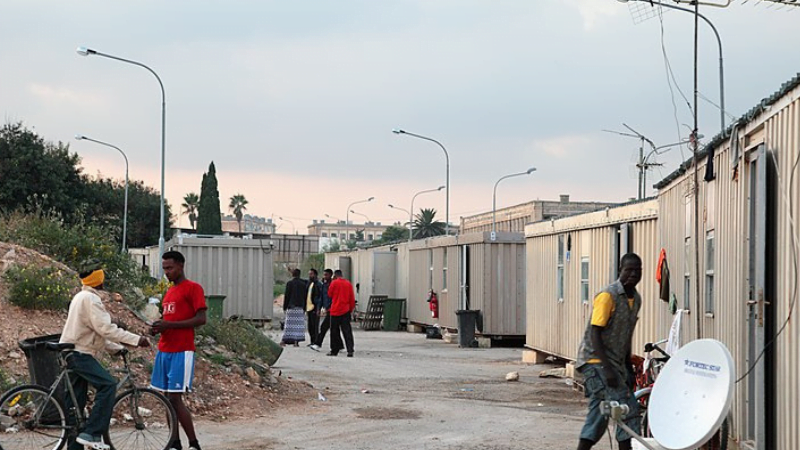Asylum seekers, refugees, and detainees are living in “deplorable” conditions and experiencing discrimination and negative attitudes when dealing with public officials in Malta, according to a report by the Asylum information Database (AIDA).
A number of serious concerns have been raised around the treatment and living conditions of asylum seekers, refugees, and detainees in the country. Those residing in Open Centres have been found to be experiencing difficulties in securing an “adequate standard of living”.
Conditions are described as “extremely challenging,” according to the report.
NGOs accessing the centres observed that the daily allowance of between €2.91 and €4.66 was not enough to meet basic needs. There were also issues with low hygiene levels, severe overcrowding, poor infrastructure and a lack of security.
Rat and cockroach infestations were also a significant problem across the centres.
Following a visit from the UN Working Group of Arbitrary Detention in 2015, where concerns were expressed about migrants living in prefabricated containers in wholly inadequate conditions, the 2018 report from AIDA notes that the situation remains deplorable.
Concerns were also raised around the lack of access provided to individuals or organisations that want to provide services to residents at Open Centres. Only a very limited number of NGOs, lawyers and UNHCR officials were granted access. Volunteers, academics, friends, and the media were generally refused.
The report said that people suffering from mental health issues, or those who have experienced trauma or torture were rarely identified or treated. There were no specialised services in the country to provide for any of the those in need of care, and legal aid was not widely available.
The situation in detention centres was not much better. Detainees were supervised by untrained and unskilled individuals and reports were included of excessive use of force used as punishments, to gain control, or discipline detainees. There were also issues relating to a lack of effective redress in cases of detainees accusing staff of abuse.
Inadequate sanitation, lack of privacy, no provision of weather-appropriate clothes, no proper heating or ventilation, deficiencies in availability of legal aid were all present in detention centres.
Individuals granted asylum encounter difficulties when trying to access the labour market. Discrimination and exploitation were widespread, with low and unpaid wages, long working hours and unsafe working conditions.
Those granted refugee status and allowed to apply for a three year renewable residence permit, reported strong negative attitudes, comments, rebukes, dismissals, and instances of disrespectful behaviour by public officials.
The report also clarified that migrants can only be returned to countries of a safe origin under certain circumstances and as defined by the Refugee Act.
Countries on the list include EU and EEA states, Senegal, Ghana, and India. It does not include countries such as Syria, Somalia, Sudan, Pakistan, Ukraine, Nigeria, Palestine or Pakistan where a high number of migrants come from.
Libya is also not included in the list – a country which Joseph Muscat has said that migrants in the Mediterranean should be dealt with by the Libyan coastguard.
A total of 532 applications were deemed inadmissible in 2018, a significant increase when compared to the 246 the year before. NGOs have raised concerns on the process.
At the Report of the Working Group on the Universal Periodic Review last week at the United Nations in Geneva, 20 member states called on Malta to better address the rights of asylum seekers.
Criticism included infringements on human rights, xenophobia and racism, poor living conditions, and a lack of access to adequate medical, legal or education services.












